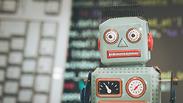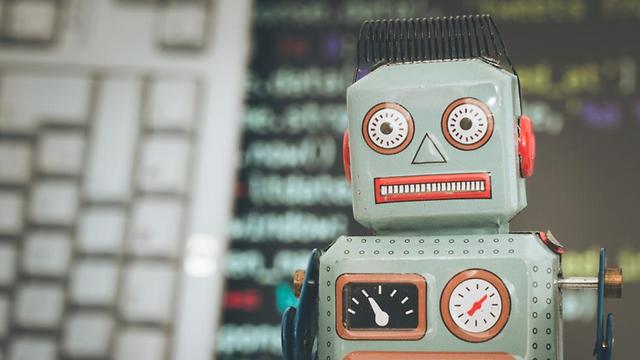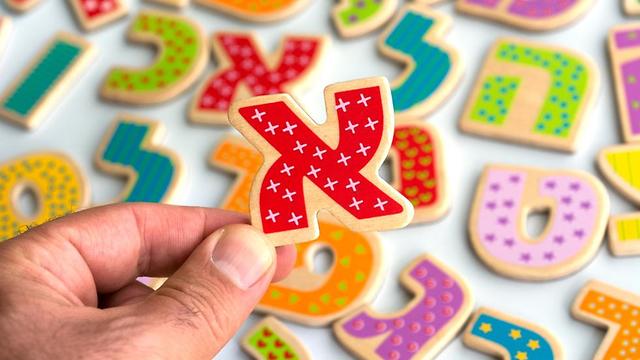
Wikipedia's good bots fixing Hebrew language entries
Unlike their sinister counterparts that tamper with public opinion ahead of elections, this software finds and fixes errors, both great and small, in the online encyclopedia's quarter of a million Hebrew pages
Israel's recent Knesset election gave to bots, software applications that run automated tasks over the Internet, a bad reputation. To counter that, I present to you the Hebrew language bots of Wikipedia, the online open-source encyclopedia.
Due to its immense size, bots are necessary to update Wikipedia articles. The Hebrew language Wikipedia consists of more than 240,000 entries — too many to expect humans to be able to handle fixing grammatical errors and so forth.
But a bot can work non-stop 24 hours a day, seven days a week. There several types of bots that work on Wikipedia articles. Some target specific errors that need to be corrected infrequently (such as links to websites that change their link addresses slightly); others constantly troll the web to fix oft occurring mistakes.
Several of the bots are used for multiple languages on Wikipedia, while others were developed locally specifically for the Hebrew version. Much of the work involves creating text and images that does not require coding ability.
The primary goal of Hebrew language bots is to ensure grammatical uniformity. Wikipedia is written and edited by thousands of unrelated people, each with their own unique style, but for the sake of the reader, consistency is important.
For example, many Hebrew speakers commonly spell words contrary to the guidelines of the Academy for the Hebrew Language, something a bot can easily fix by switching letters. Accepted spellings are agreed upon in Wikipedia's dynamic chat rooms where editors debate all sorts of matters.
Changes are first approved by editors and once agreed upon, the bot receives instructions, which are updated monthly.
There also exist bots that do not make changes but rather offer suggestions for potential changes and editors then decide whether to implement them.
The 'two shekels' bot
Unlike English, Hebrew has grammatical gender: subject in Hebrew are divided into masculine and feminine. The predicate in Hebrew conjugate according to the gender of the subject, which makes the gender of the nouns matters as much as the gender of the pronouns. A bot named "two shekels" (named after a quite common mistake by Hebrew speakers regarding the gender of numbers) checks that the gender of the pronoun matches that of the noun.
There is also a bot that fixes typos, similar to how, when performing an internet search, Google knows to ask whether you actually meant something else if you spelled the query wrong.
A human editor then reviews suggestions gathered by bots and approves or rejects them with a simple click.
With all due respect to the work done by bots, behind every bot is a human who oversees its actions. We are still far away from a time when Wikipedia is completely operated by bots.
David Shai is a senior Hebrew language Wikipedia editor and holds a record for the most human edits.














